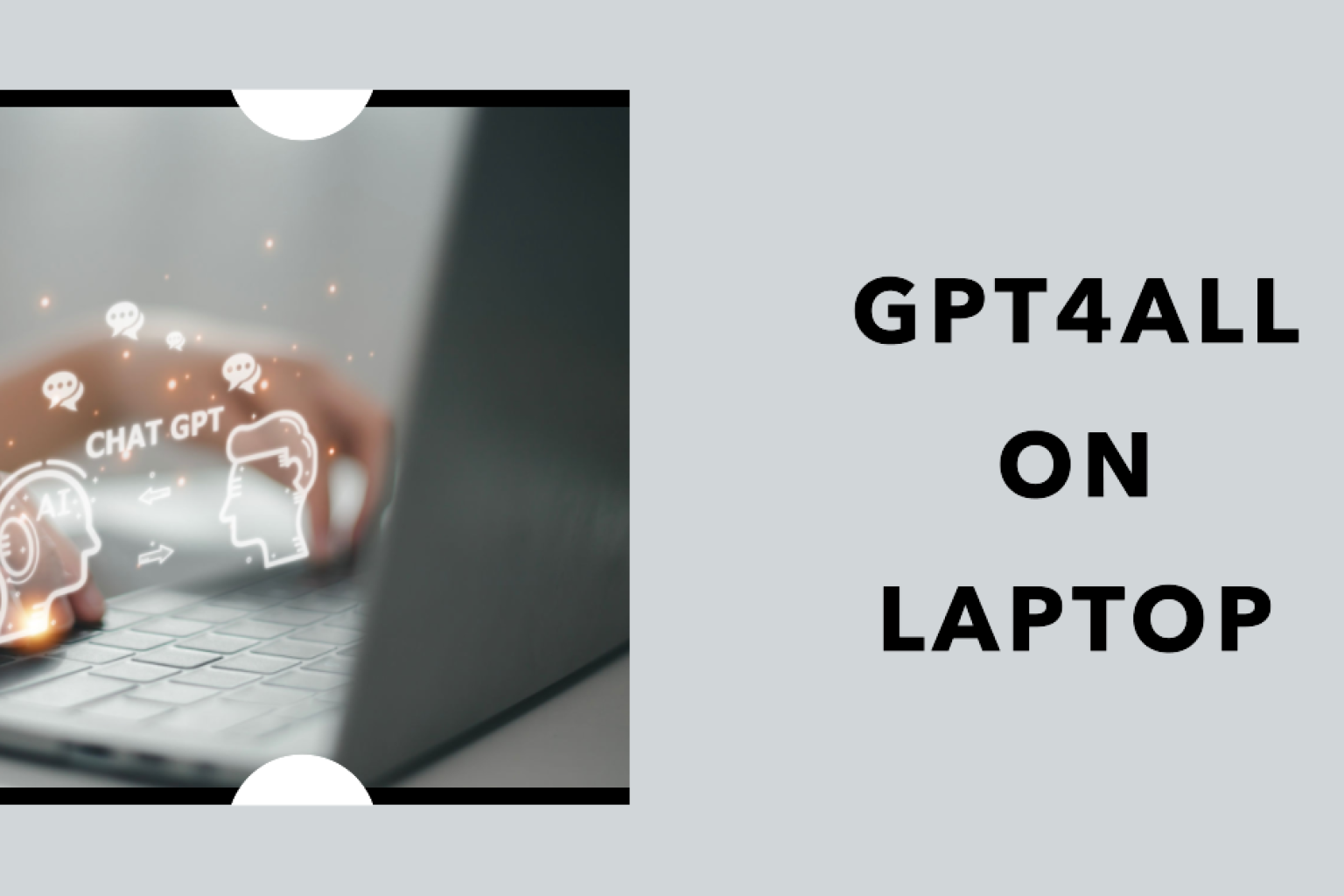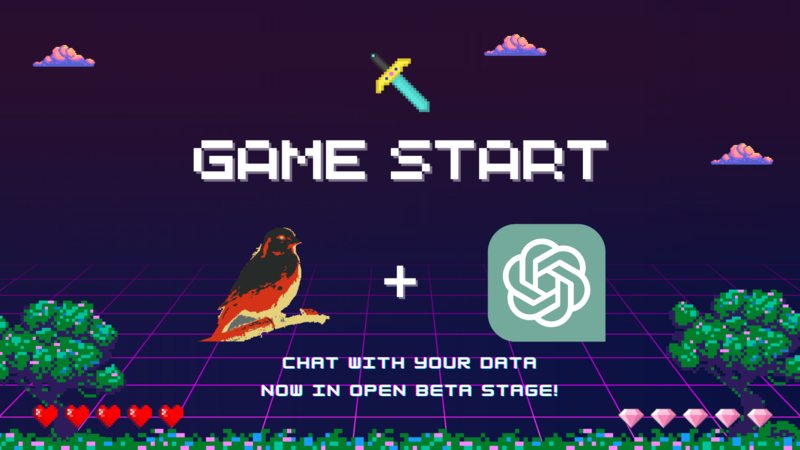GPT4All: Mini-ChatGPT that Can Run On Your Laptop
Updated on

GPT4All is an open-source assistant-style large language model based on GPT-J and LLaMa, offering a powerful and flexible AI tool for various applications. In this article, we will provide you with a step-by-step guide on how to use GPT4All, from installing the required tools to generating responses using the model.
What is GPT4All?
GPT4All-J is the latest GPT4All model based on the GPT-J architecture. The model comes with native chat-client installers for Mac/OSX, Windows, and Ubuntu, allowing users to enjoy a chat interface with auto-update functionality. The raw model is also available for download, though it is only compatible with the C++ bindings provided by the project.
The original GPT4All model, based on the LLaMa architecture, can be accessed through the GPT4All website. The model is available in a CPU quantized version that can be easily run on various operating systems. The training of GPT4All-J is detailed in the GPT4All-J Technical Report. Users can access the curated training data to replicate the model for their own purposes. The training data is available in the form of an Atlas Map of Prompts and an Atlas Map of Responses.
How does GPT4All Work?
GPT4All offers official Python bindings for both CPU and GPU interfaces. Users can interact with the GPT4All model through Python scripts, making it easy to integrate the model into various applications. The GPT4All project supports a growing ecosystem of compatible edge models, allowing the community to contribute and expand the range of available language models. Developers are encouraged to contribute to the project and submit pull requests as the community grows.
How to Run GPT4All Locally
To get started with GPT4All, you'll first need to install the necessary components. Ensure you have Python installed on your system (preferably Python 3.7 or later). Then, follow these steps:
- Download the GPT4All repository from GitHub: https://github.com/nomic-ai/gpt4all.git (opens in a new tab)
- Extract the downloaded files to a directory of your choice.
- Open a terminal or command prompt and navigate to the extracted GPT4All directory.
- Run the following command to install the required Python packages:
Step 1: Installation
python -m pip install -r requirements.txtStep 2: Download the GPT4All Model
Download the GPT4All model from the GitHub repository or the GPT4All website. The model file should have a '.bin' extension. Place the downloaded model file in the 'chat' directory within the GPT4All folder.
Step 3: Running GPT4All
To run GPT4All, open a terminal or command prompt, navigate to the 'chat' directory within the GPT4All folder, and run the appropriate command for your operating system:
- M1 Mac/OSX:
./gpt4all-lora-quantized-OSX-m1 - Linux:
./gpt4all-lora-quantized-linux-x86 - Windows (PowerShell):
./gpt4all-lora-quantized-win64.exe - Intel Mac/OSX:
./gpt4all-lora-quantized-OSX-intel
Step 4: Using with GPT4All
Once you have successfully launched GPT4All, you can start interacting with the model by typing in your prompts and pressing Enter. GPT4All will generate a response based on your input.
Step 5: Using GPT4All in Python
To use GPT4All in Python, you can use the official Python bindings provided by the project. First, install the nomic package by running:
pip install nomicThen, create a Python script and import the GPT4All package:
from nomic.gpt4all import GPT4All
# Initialize the GPT4All model
m = GPT4All()
m.open()
# Generate a response based on a prompt
response = m.prompt('write me a story about a lonely computer')
# Print the generated response
print(response)Conclusion
GPT4All provides an accessible, open-source alternative to large-scale AI models like GPT-3. By following this step-by-step guide, you can start harnessing the power of GPT4All for your projects and applications. For more information, check out the GPT4All GitHub repository and join the GPT4All Discord community for support and updates.
Interested in using ChatGPT for your data? Want to automate your data analysis workflow?
Kanaries RATH (opens in a new tab) is an Open Source Tool designed for your need. Imagine you can ask a question in Natural Language, and generate data insights & visualization, just like magic! Here's the demo:
The Best of all? RATH is Open Source. Give us a ⭐️ on GitHub (opens in a new tab)!
Interested? Inspired? Unlock the insights of your data with one prompt: ChatGPT-powered RATH is Open for Beta Stage now! Get onboard and check it out!
